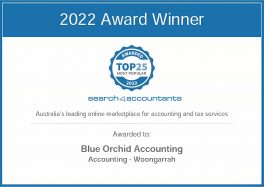A Trust is formed when a trustee holds the assets and runs the business, distributes incomes to beneficiaries, and follows the provisions in the trust deed. Consider a Trust if more than one family is involved in running the business.
If you use a trust for your business structure, the trust:
- must have its own tax file number (TFN) for lodging its annual tax return
- must apply for an ABN and use it for all business dealings
- must be registered for GST if annual GST turnover is $75,000 or more
- may be liable to pay tax depending on the wording of its deed and whether any income the trust earns is distributed to its beneficiaries
- may be able to access small business tax concessions
- must pay super for any of its employees (this may include the trustee if they are also employed by the trust).
Who pays income tax?
While a trust must lodge an annual tax return, whether the trust pays tax (or not) is determined by how the trust income is distributed:
- if all trust income is distributed to adult resident beneficiaries, the trust is not liable to pay tax – each beneficiary reports the income in their own tax return
- if all or part of the net trust income is distributed to non-residents or minors, the trustee is assessed on that share on behalf of the beneficiary – these beneficiaries may need to declare their share of the trust’s net income in their own income tax returns, and can claim a credit for the tax paid on their behalf by the trustee
- where the trust accumulates net trust income (does not distribute it), the trustee is assessed on that accumulated income at the highest individual tax rate.













